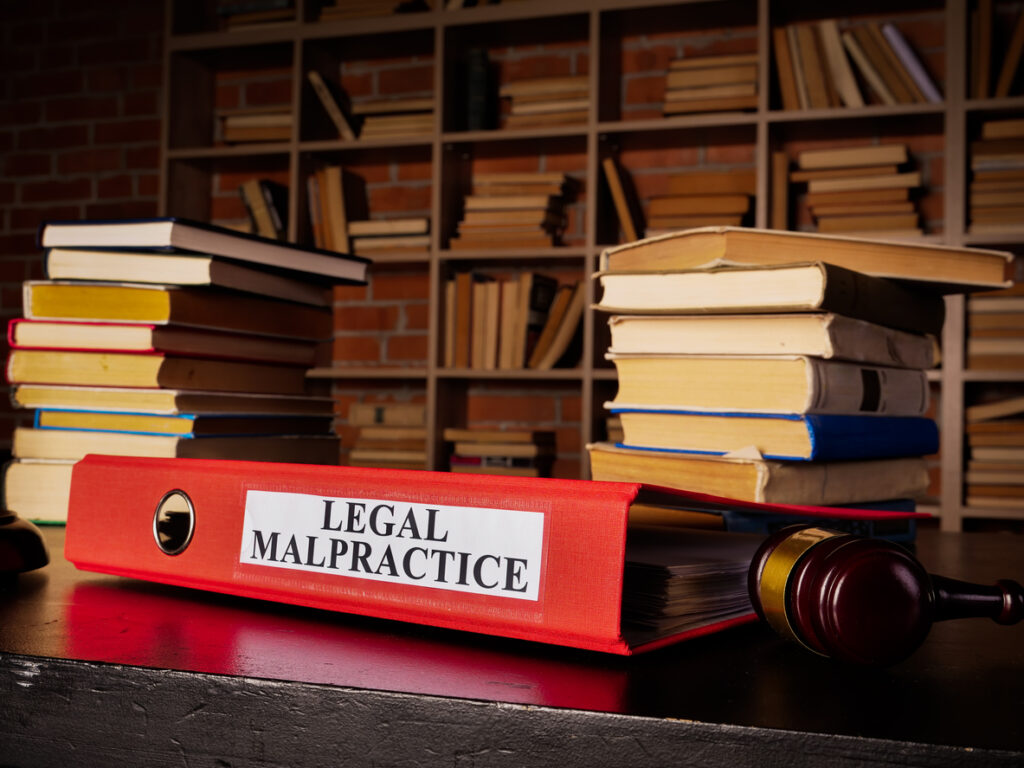In today’s rapidly evolving legal landscape, many attorneys are turning to artificial intelligence (AI) to enhance their practices. While AI can undoubtedly enhance efficiency and convenience, significant risks are associated with its unchecked use. If attorneys fail to meticulously review AI-generated documents, they may inadvertently cause harm to their clients, leading to legal malpractice claims.
The Florida Legal Malpractice Attorneys at Parrish & Goodman, Attorneys at Law, shed some light on the risks posed by dependence on AI, outline the elements of a legal malpractice claim, and provide real-world scenarios illustrating the consequences of failing to verify AI-generated information.
Understanding Legal Malpractice
What constitutes legal malpractice? The Cornell Law School Legal Information Institute says, “Legal malpractice means that the lawyer breached their duty of care to the client and the client was harmed as a result.”
A legal malpractice claim typically involves four key elements:
- The Existence of an Attorney-Client Relationship: The plaintiff must demonstrate that an attorney-client relationship existed.
- Breach of Duty: The plaintiff must show that the attorney breached the duty of care owed to the client. This breach often involves negligence in the representation.
- Causation: The plaintiff must prove that the attorney’s breach of duty directly resulted in harm or damages to the client.
- Damages: Ultimately, the plaintiff must demonstrate that actual damages were incurred as a result of the attorney’s negligence.
If successful, your ability to recover damages is usually restricted to the financial losses you can substantiate.
The Dangers of Unchecked AI Use in Legal Practice
While AI can offer substantial benefits in legal research, drafting, and document review, the reliance on such technology without critical oversight poses considerable risks. Here are several scenarios showcasing how unchecked AI use can give rise to malpractice claims:
Citing Non-Existent Cases
Imagine an attorney using AI to generate court documents and finds citations for cases that do not actually exist. If these fabricated citations are relied upon in legal proceedings, it can lead to accusations of fraud upon the court, resulting in severe sanctions against both the attorney and the client. Such scenarios undermine the integrity of the legal system and could lead to significant penalties, including disbarment for the attorney.
This has happened all too often. Here are some examples:
- Faux AI Cases Contribute to Florida Lawyer’s Suspension
- Yet Again! Another Attorney Cites Fake AI Cases
- A recent high-profile case of AI hallucination serves as a stark warning
- Florida Judge Sanctions Lawyers Over AI-Generated False Legal Citation
Incorrect Statute of Limitations
AI systems can sometimes provide erroneous information regarding statute of limitations, which can lead to missed deadlines for filing claims. For instance, an attorney may use AI to verify that a particular new law has been enacted regarding defamation cases, believing that it allows for a continuously renewed statute of limitations if certain conditions are met. However, if this law were proposed but subsequently failed to pass—as was the case with Florida House Bill 667—an attorney might miss a critical filing deadline, jeopardizing the client’s case.
In the case cited above, the bill was proposed and garnered significant media attention, resulting in numerous online references for AI tools to find; unfortunately, the bill died in the Judiciary Committee in June 2025.
Missing Deadlines Due to AI Errors
AI tools may suggest incorrect deadlines or overlook local rules and variations. A missed filing deadline can have devastating consequences, including dismissal of a case or loss of the right to appeal, directly impacting the client’s legal standing.
Inadequate Document Preparation
Relying solely on AI-generated documents may lead to deficiencies in critical language. For example, an attorney who uses AI to draft contracts, NDAs, or wills may unknowingly omit essential clauses such as exculpatory terms or necessary legal protections. This omission can leave clients vulnerable to legal disputes and financial losses.
Failure to Recognize Changes in Law
The legal landscape is constantly changing, and an AI tool may not be updated in real-time. An attorney who blindly trusts AI-generated updates might remain unaware of new laws, regulations, or amendments that impact their client’s situation, leading to uninformed legal advice.
FAQs About Legal Malpractice Due to AI Mistakes
What constitutes legal malpractice in the context of AI use?
Legal malpractice involves failing to provide competent representation, which can include relying on AI-generated documents without adequate review, thereby potentially causing client harm.
Can an attorney be held liable for using AI incorrectly?
Yes, if reliance on AI leads to a breach of duty that results in damages or loss for the client, the attorney may be held liable for legal malpractice.
What steps can attorneys take to avoid legal malpractice when using AI?
Attorneys should always review and validate AI-generated content, confirm accuracy against reliable legal sources, and stay updated on relevant statutes.
Are there specific areas of law more susceptible to AI-related errors?
Complex fields such as corporate law, intellectual property, and litigation tend to carry greater risks due to their intricate legal requirements and evolving regulations.
What should clients do if they believe their attorney has committed malpractice due to AI reliance?
Clients should consult a legal malpractice attorney for guidance on their situation. They may have valid claims based on negligence or breach of fiduciary duty.
Learn More from a Florida Legal Malpractice Attorney
While AI can be a powerful tool for legal practitioners, it must be used with caution and responsibility. The potential for legal malpractice arises when attorneys fail to verify AI-generated information and documents diligently. You could recover damages, and the offending attorney could receive punishments from the court.
At Parrish & Goodman, we believe in the importance of combining technological advancements with thorough legal diligence to safeguard our clients’ interests—because the stakes are simply too high to rely solely on AI. If you have suffered loss due to an attorney’s use of AI in your case, contact us for a consultation.




